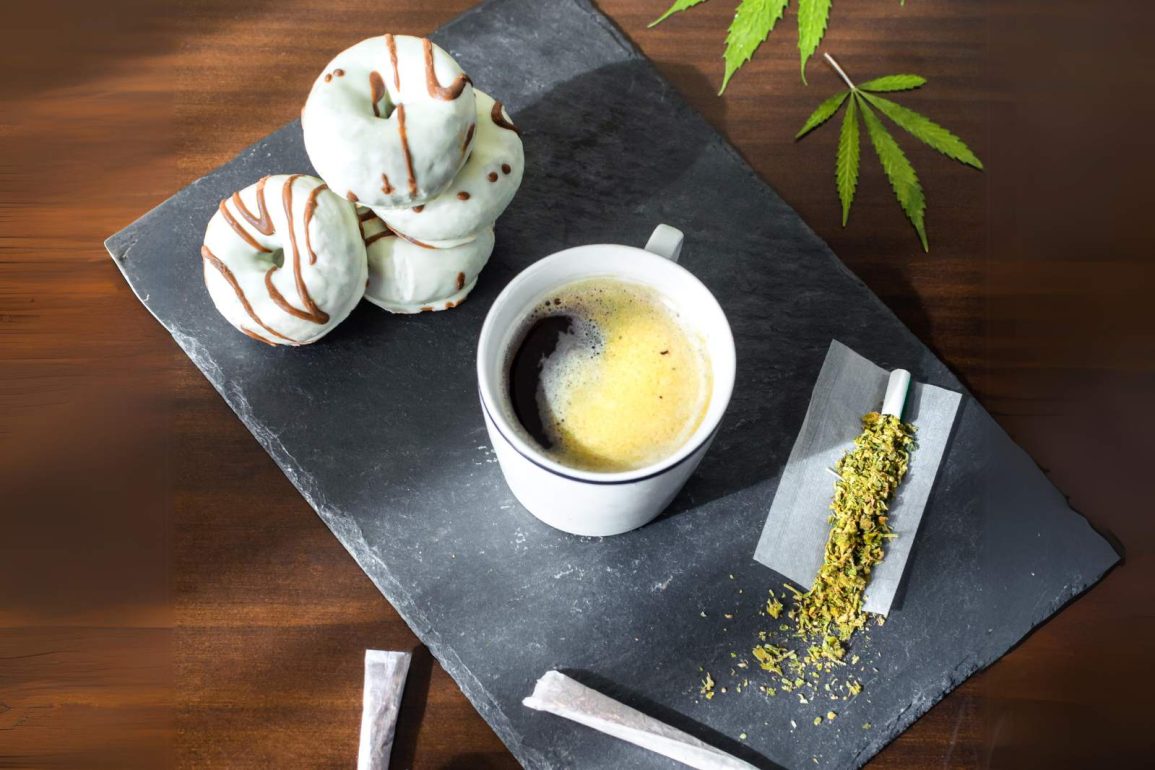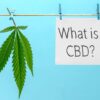Cannabis, with its many effects and benefits, is enjoyed by millions of people worldwide. However, like any substance, it can lead to some less pleasant experiences, including the notorious “weed hangover.” While not as severe as an alcohol hangover, a weed hangover can still be uncomfortable. In this article, we’ll explore does weed helps with hangovers, whether or not cannabis can help alleviate it, and how to get rid of a marijuana hangover.
Table of Contents:
- What Are the Most Common Symptoms of Weed Hangovers?
- How to Treat Marijuana Hangovers?
- What’s the Difference Between a Weed Hangover and an Adverse Reaction?
- Does Weed Help with Hangovers?
- Weed Hangovers: How to Avoid Them
- Conclusion
What Are the Most Common Symptoms of Weed Hangovers?
A weed hangover, also known as a cannabis hangover or marijuana hangover, typically occurs when an individual consumes a substantial amount of cannabis, particularly strains with high THC content, and experiences lingering effects the following day. The most common symptoms of a weed hangover include:
- Brain Fog: Users often report feeling mentally foggy or “out of it” after a heavy cannabis session. This can make it challenging to concentrate or stay focused.
- Fatigue: A weed hangover can leave you feeling unusually tired, even if you had a full night’s sleep.
- Dry Mouth: Dry mouth, also known as cottonmouth, is a common side effect of cannabis consumption and may persist into the next day.
- Thirst: Excessive thirst can accompany dry mouth, leading to increased water consumption.
- Lethargy: Many individuals report feeling sluggish and unmotivated the day after consuming cannabis.
- Mild Headache: Some people experience a mild headache, although this symptom is less common.
How to Treat Marijuana Hangovers?
While there is no guaranteed cure for a weed hangover, several strategies can help alleviate its symptoms:
- Hydration: Drinking plenty of water can help combat dry mouth and lethargy. Staying hydrated is essential, as cannabis can dehydrate the body.
- Rest: Give your body the rest it needs. Take a nap or get a good night’s sleep to help your body recover.
- Healthy Eating: Consuming a nutritious meal can boost your energy levels and alleviate feelings of fatigue.
- CBD: Some users find that CBD (cannabidiol), a non-psychoactive compound in cannabis, can help counteract the effects of THC and provide relief from a weed hangover.
- Exercise: Light exercise or a brisk walk can help improve mood and energy levels.
- Limit Consumption: If you frequently experience weed hangovers, consider reducing your cannabis intake or opting for strains with lower THC content.
What’s the Difference Between a Weed Hangover and an Adverse Reaction?
It’s essential to distinguish between a weed hangover and an adverse reaction to cannabis. While both can produce discomfort, they are caused by different factors.
Weed Hangover: A weed hangover is the result of consuming a large amount of cannabis, typically high-THC strains. The symptoms are usually mild and temporary, lasting no more than a day.
Adverse Reaction: An adverse reaction to cannabis can occur when an individual has a negative response to the substance. This can include symptoms like anxiety, paranoia, rapid heartbeat, nausea, and vomiting. Adverse reactions are typically more intense and can be distressing. If you experience severe adverse reactions, it’s essential to seek medical attention.
Does Weed Help with Hangovers?
Contrary to popular belief, using cannabis to cure a hangover is not a guaranteed solution. While some individuals claim that cannabis can help alleviate hangover symptoms, others report that it can exacerbate the discomfort. The effects of cannabis can vary significantly from person to person, making it difficult to predict how it will interact with a hangover.
Cannabis can potentially alleviate some hangover symptoms, such as headaches, nausea, and anxiety, due to its analgesic and antiemetic properties. However, it may also exacerbate feelings of lethargy or brain fog, making it less effective for other symptoms.
In conclusion, while cannabis can offer potential relief for specific hangover symptoms, its effects vary widely, and there is no one-size-fits-all solution. The best way to prevent a weed hangover is to consume cannabis responsibly and in moderation. If you find yourself experiencing discomfort after cannabis use, follow the tips mentioned earlier to help alleviate the symptoms and ensure a smoother recovery.
Weed Hangovers: How to Avoid Them
Weed hangovers, while not as notorious as their alcohol-induced counterparts, can still put a damper on your day. Fortunately, there are ways to minimize the likelihood of experiencing one. In this brief guide, we’ll explore some tips on how to avoid weed hangovers and what to do if you find yourself waking up to one.
Get Some Nutrition, Drink Water, and Keep in Mind that “This Too Shall Pass.”
- Stay Hydrated: One of the primary culprits behind weed hangovers is dehydration.
- Cannabis can cause dry mouth (cottonmouth), leading to a loss of fluids. Counter this by drinking plenty of water before, during, and after your cannabis session.
- Choose Your Strains Wisely: Different strains of cannabis can have varying effects.
- Some strains are known for causing more severe hangovers than others. If you’re prone to hangovers, consider opting for strains with lower THC content or balanced THC-to-CBD ratios.
- Limit Your Consumption: Moderation is key. Consuming excessive amounts of cannabis in a short period can increase the likelihood of experiencing a hangover. Start with a small dose and wait to assess its effects before deciding to consume more.
- Take Breaks: Give your body time to process the cannabinoids. If you’re indulging in a prolonged cannabis session, take occasional breaks to gauge your level of impairment and allow your body to catch up.
- Healthy Snacking: Eating a balanced meal or snacks before or during your cannabis session can help stabilize your blood sugar levels and reduce the chances of a hangover.
- Consider CBD: Cannabidiol (CBD), a non-psychoactive compound found in cannabis, may counteract some of the adverse effects of THC, potentially reducing the likelihood of a hangover.
- Time Your Consumption: Avoid consuming cannabis too close to bedtime. The effects can linger into the next morning if you indulge too late into the night.
Conclusion
Weed hangovers are generally mild and short-lived, but they can still be uncomfortable. By staying hydrated, choosing strains wisely, moderating your consumption, and paying attention to your body’s signals, you can reduce the risk of experiencing a hangover. Remember that everyone reacts differently to cannabis, so it’s essential to find what works best for you. And if you ever find yourself waking up with a weed hangover, take comfort in the fact that it’s a temporary experience, and with time, “this too shall pass.”Delta8Hub believes cannabis can inspire creativity, promote well-being, and enrich everyday experiences. Their mission is to share knowledge, foster a community, and encourage responsible cannabis use among those who enjoy its many benefits.

